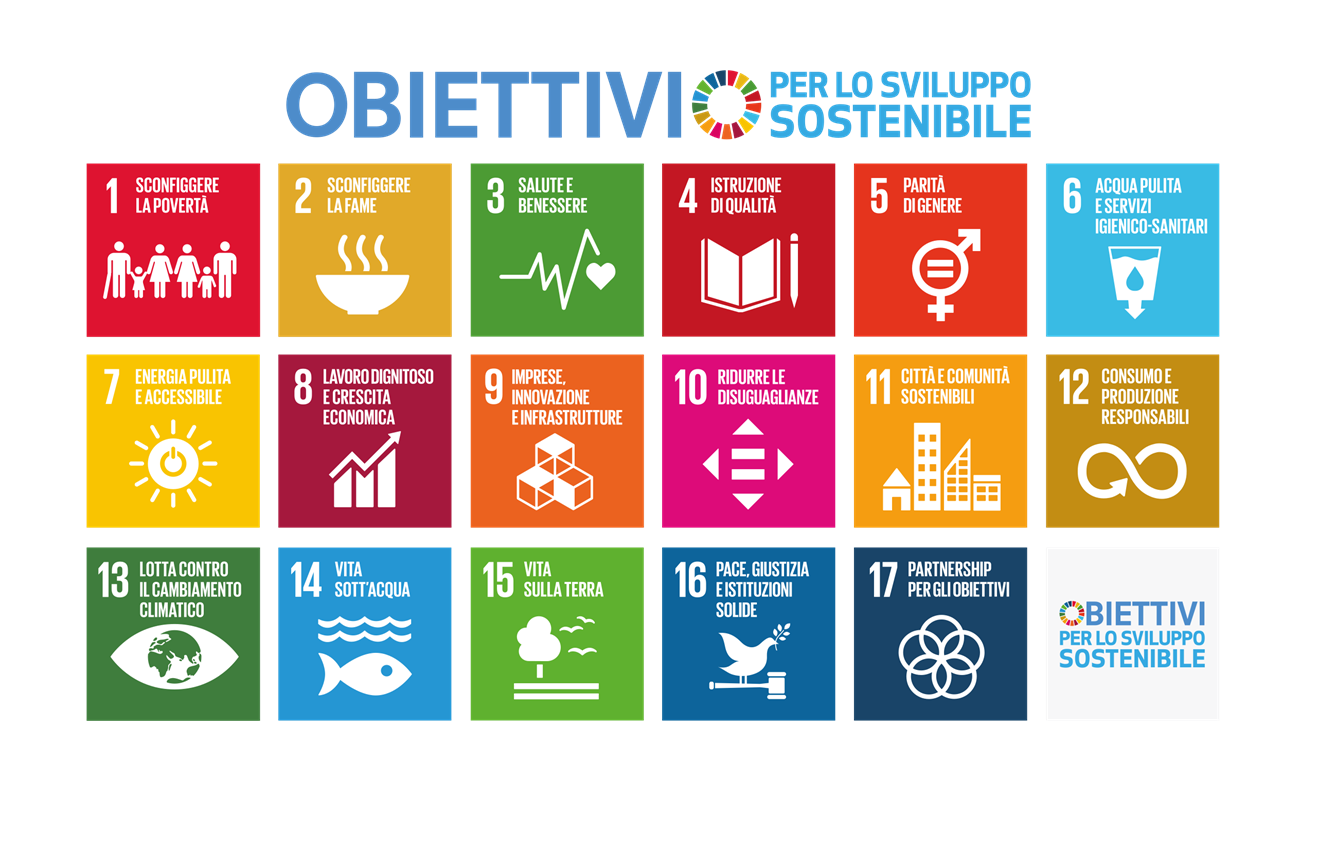Sustainable Investments – ESG
Over the last few years, new forms of investment have emerged which, in addition to pursuing financial objectives, like traditional investments, take into due consideration criteria relating to environmental, social and governance issues, the so-called ESG criteria. The acronym ESG stands for Environmental, Social and Governance. It is now a widely used concept that allows to judge whether an investment can be considered responsible or not. Nowadays, purely financial aspects are no longer sufficient for an all-round assessment of a company. Compliance with ESG standards has become, therefore, an important part of providing a better judgment in the long run. The right focus on ESG issues can give a more accurate answer on how well equipped a company is to deal with future challenges and issues. To give a concrete example, the observance of ESG criteria can imply lower risks of lawsuits with consequent onerous compensations, thus limiting the economic and reputational risks of a company and consequently avoiding sudden downturns in financial markets.
The changes taking place towards a more “green” and social economy are evident and increasingly promoted by many world governments, the USA and the European Union in particular. The latter have significantly increased the volume of funding in favor of so-called “ESG friendly” companies, with the ultimate intent to generate and induce positive benefits to society as a whole. The European Union is planning to allocate around EUR 180 billion per year in the energy and transport sectors with the aim of reducing European greenhouse gas emissions and reducing global warming. In the USA instead there is a Green Deal, a congressional resolution outlining a grand plan that also aims to reduce greenhouse gas emissions to avoid the worst consequences of climate change, while also trying to solve social problems such as economic inequality and racial injustice.
ESG Criteria
Environmental
With environmental factors we mean how much a company or an entity is attentive to environmental/climatic issues and how they contribute to the reduction of negative impacts. Example: reduction of greenhouse gas emissions, waste management, energy efficiency, etc. …
Social
Social factors include respect for human rights, decent working conditions with respect for the health and safety of each employee, prohibition of child labor, etc.
Governance
Governance refers to a set of rules for proper corporate governance such as the integration of an ethical code of conduct, fair compensation, quality and diversity of boards of directors, observance of shareholders’ rights, etc.
ESG History
The importance of a responsible approach to investing has been known for serveral years. In order to formalize this and to give a boost to the respect of these issues, in the 2000s the ESG approach was createdd, aimed at broadening the theme of socially responsible investments, which until then had been limited only to the exclusion of certain industries/sectors from the investment universe. In 2006, the United Nations launched the PRI (Principles for Responsible Investment), a series of principles designed to promote the spread of sustainable and responsible investment among institutional investors. Since then, more and more industry players have committed to incorporating and respecting these issues by implementing them in their investment processes as well as in their own corporate policies and practices. Another important moment was in 2015, when the United Nations defined the Sustanaible Development Goals (SDGs). These are to pursue 17 interconnected goals that aim to design a better, more sustainable future. Below is a graphic illustration of these goals.

Why chose an ESG investment?
As we have seen, sustainable investment aims to promote the coexistence between traditional investment and socially responsible investment, allowing to have a financial return for the client and an improvement of important sustainability objectives.
Over the last few years, the attention to this type of investment has grown exponentially, and today we are talking about a global market of over 30 trillion dollars. Numerous analyses show that investments with high ESG ratings achieve a higher and more stable long-term expected return. The selection of companies that are better managed and have lower risks associated with unpleasant events leads to a better risk/return ratio.
This is proof that the market tends to reward those who operate in a more virtuous manner in respect of the society environment.
As an independent asset manager, Stelinvest SA collaborates with several experienced investment product analysts dedicated to analyzing and applying ESG standards. Our team of experienced asset managers is able to select truly responsible investments in order to offer our clients sustainable results.
